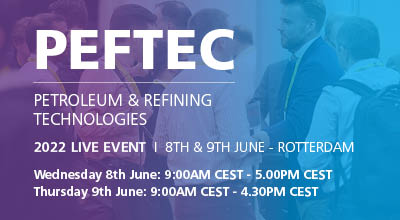| Abstract Title: | Applications of Liquid Process Analyzers in Refineries |
| Abstract Type: | Oral |
| Session Choice: | Online & Process Monitoring |
| Presenter Name: | Dr Mark Druy |
| Company/Organisation: | Galvanic Applied Sciences USA |
| Country: | United States |
Abstract Information :
Petroleum refineries house multiple operations that are dependent on the type of crude oil refined and the products that are produced. However, regardless of the size, crude source, produced products; refineries are complex operations. The precise operation of a refinery may differ but there are many of the processes, which, although having small differences in the precise mode of operation, have many common analysis points for control, and optimization of the processing.
Refineries are moving towards more efficient practices to reduce production costs. Refineries process complex mixtures of crude oil through desalting, distillation, and other methods.
These processes include the following:
- Distillation / Fractionation - heating crude to mostly vapor, then condensing the vapor into different fractions to produce the desired cut
- Conversion (Cracking and Reforming) - using catalysts and/or heat to produce products with the desired properties
- Treating (Hydrotreating, Chemical Treating) - using catalysts and chemicals, remove impurities from the hydrocarbons
- Combining - using catalysts and chemicals, combine molecules to form others
- Blending - blend various fractions together to obtain desired finished properties

